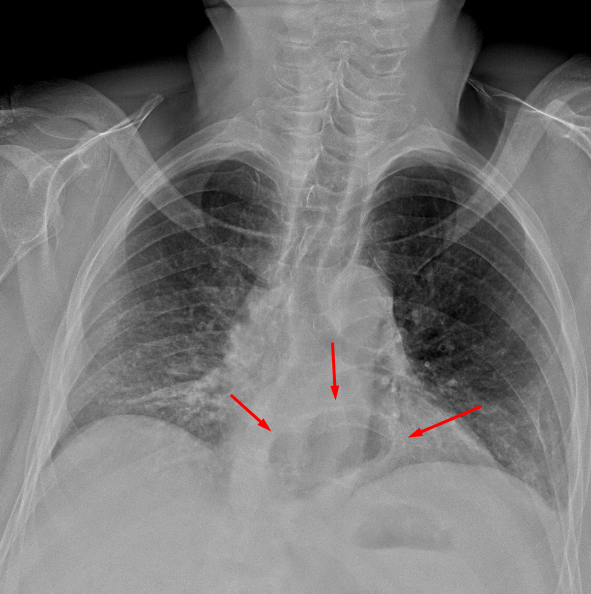

Although some individuals with symptomatic hernias report more comfort and support while wearing a truss, some patients have continued pain and discomfort.

The risks associated with hernia surgery include prolonged pain, bleeding, infection, nerve damage, damage to surrounding blood vessels, and damage to nearby organs including the intestines and, in men, the testicles.Ī hernia truss is a supportive undergarment designed to keep the protruding tissue in place. However, if the hernia is not painful or does not limit daily activities and there is a low risk of a strangulated hernia, you and your doctor may choose to monitor your hernia without surgery. The hernia is closed by either bringing the groin tissue back together or placing a prosthetic (manmade) mesh over the hernia. A surgeon may repair a hernia with a single incision ( open surgery) or with multiple smaller incisions ( laparoscopic surgery). The decision to repair the hernia depends on the type of hernia and amount of pain and discomfort you experience and its interference with activity. Femoral hernias most often occur in women and most frequently require surgery.Ī groin hernia will not get better on its own, but not all groin hernias need to be repaired. Indirect hernias are the most common groin hernia in men and women.
-73f29f.png)
Groin hernias are more common in men-25% develop a hernia over the course of their lifetime. Lower in the groin, another area that can form a hernia is the femoral canal, which contains blood vessels that travel from the abdomen to the legs.įactors associated with development of groin hernias include smoking, long-term coughing, obesity, and straining during urination or bowel movements. Direct and indirect hernias cause similar symptoms and look nearly the same on physical examination. A direct inguinal hernia occurs when the weakness is in the floor of the inguinal canal rather than through its opening. Over time, this opening enlarges and organs in the abdomen push into the canal. An indirect inguinal hernia occurs when the inguinal canal does not close completely. This passage normally seals off during development. Shared Decision Making and CommunicationĪ groin hernia is a weakness in the muscles and tissues of the groin.īoth men and women have natural weaknesses in the tissues of the inguinal canal, a passage from the inside of the abdomen to the scrotum in men and labia in women.



 0 kommentar(er)
0 kommentar(er)
